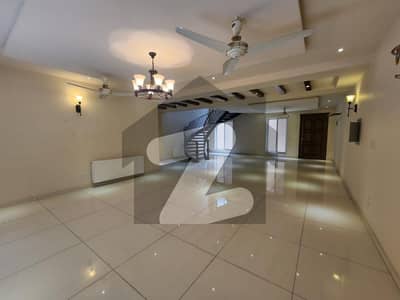Owning a home remains the American Dream for many, but it isn’t a realistic or accessible option for everyone. Homeownership In recent years, rental demand and rental prices across the U.S. have surged significantly. While homeownership offers long-term benefits, renting an apartment also presents numerous advantages, especially depending on one’s financial situation and lifestyle preferences. Many families either build their own homes or rent from third parties, balancing the pros and cons of both options. Below, we explore ten key benefits of renting instead of purchasing a home, highlighting why renting may be a smarter choice for some.
1.) No Maintenance or Repair Costs
When renting, maintenance, repairs, and improvements are primarily the landlord’s responsibility. If an appliance breaks down or the roof leaks, tenants simply notify the landlord, who must arrange for repairs at no extra cost to the renter.
Homeowners, on the other hand, are responsible for all repair and remodeling expenses, which can be substantial and unpredictable depending on the issue and timing.
2.) Access to Amenities
Renting often provides access to premium amenities that might be too costly to maintain as a homeowner. Many rental complexes offer facilities such as swimming pools, fitness centers, or communal lounges included in the rent, allowing tenants to enjoy these perks without the headache of upkeep.
Homeowners or condominium owners must bear the installation and maintenance costs, often through high monthly homeowners association (HOA) fees.
3.) No Property Taxes
Renters are not required to pay property taxes on their homes, unlike homeowners who face these potentially significant annual charges. Property taxes vary by county and are calculated based on the local assessed value of the home and land. In many regions, these taxes can reach thousands of dollars each year, significantly increasing the cost of homeownership.
4.) No Down Payment Required
Upfront costs for renters are typically limited to a security deposit equivalent to one month’s rent, refundable if the property remains undamaged. Homebuyers, meanwhile, often need a down payment of around 20% of the home’s purchase price, which can amount to tens of thousands of dollars. For example, a 20% down payment on a $300,000 property is $60,000, which is a prohibitive barrier for many.
Renters without access to such lump sums for down payments may find renting to be a more financially flexible and achievable option.
5.) Greater Location Flexibility
Renters have the freedom to live almost anywhere without the commitment of purchasing property. This flexibility is particularly valuable in high-cost urban areas like New York City, where home prices are often prohibitive for many buyers but rental options are more accessible.
6.) Protection from Housing Market Fluctuations
Property values can rise and fall, sometimes drastically. Homeowners bear the risk of losing equity during market downturns, which can impact their financial stability and mortgage obligations. Renters face minimal impact from fluctuations in property values since they do not directly own the real estate.
7.) Flexibility to Downsize
At the conclusion of a lease, renters can choose to relocate to smaller or more affordable residences as their needs change, without the complexities of selling a home. This flexibility is especially beneficial for retirees or individuals seeking to adjust living costs easily.
8.) Fixed Rent Amount During Lease Term
Renters generally have a fixed rent amount during the lease period, allowing for predictable monthly budgeting. Although landlords may increase rent when renewing leases, tenants are usually given advance notice.
Homeowners with fixed-rate mortgages enjoy similar predictability, but those with adjustable-rate mortgages (ARMs) face the risk of fluctuating payments. Moreover, property taxes can increase unpredictably, adding to overall homeownership costs.
9.) Lower Insurance Costs
Renters’ insurance premiums are substantially lower than homeowners’ insurance. Renters’ insurance typically covers personal belongings like furniture and electronics for an average cost of $190 per year, compared to homeowner’s insurance, which averages $1,382 annually, depending on location and coverage.
10.) Lower Utility Costs
Rental units are often smaller and more energy-efficient than single-family homes, leading to lower heating, cooling, and electricity expenses. This efficiency helps renters save significantly on monthly utility bills compared to many homeowners.
The Bottom Line
While homeownership builds equity and long-term wealth, renting offers flexibility, fewer upfront costs, protection from market volatility, and fewer financial responsibilities tied to property maintenance and taxes. For many, particularly those who value mobility or lower financial risk, renting remains a practical and advantageous choice. Ultimately, the decision depends on personal circumstances, financial goals, and lifestyle preferences.
If you want to explore more about 8 Things you should look for in a student rental property , please visit our home appliances category for comprehensive information and helpful resources.
In today’s dynamic housing market, understanding the pros and cons of renting versus buying is critical. Renters benefit from flexibility, reduced maintenance costs, and lower financial barriers to entry, making renting a smart option in high-demand urban areas or for those with transient lifestyles. Meanwhile, rising home prices and increasing interest rates have made homeownership less accessible, reinforcing the appeal of renting. Whether you’re a young professional seeking convenience or someone prioritizing financial stability, weighing these factors carefully can help you make the best housing choice suited to your needs.

























